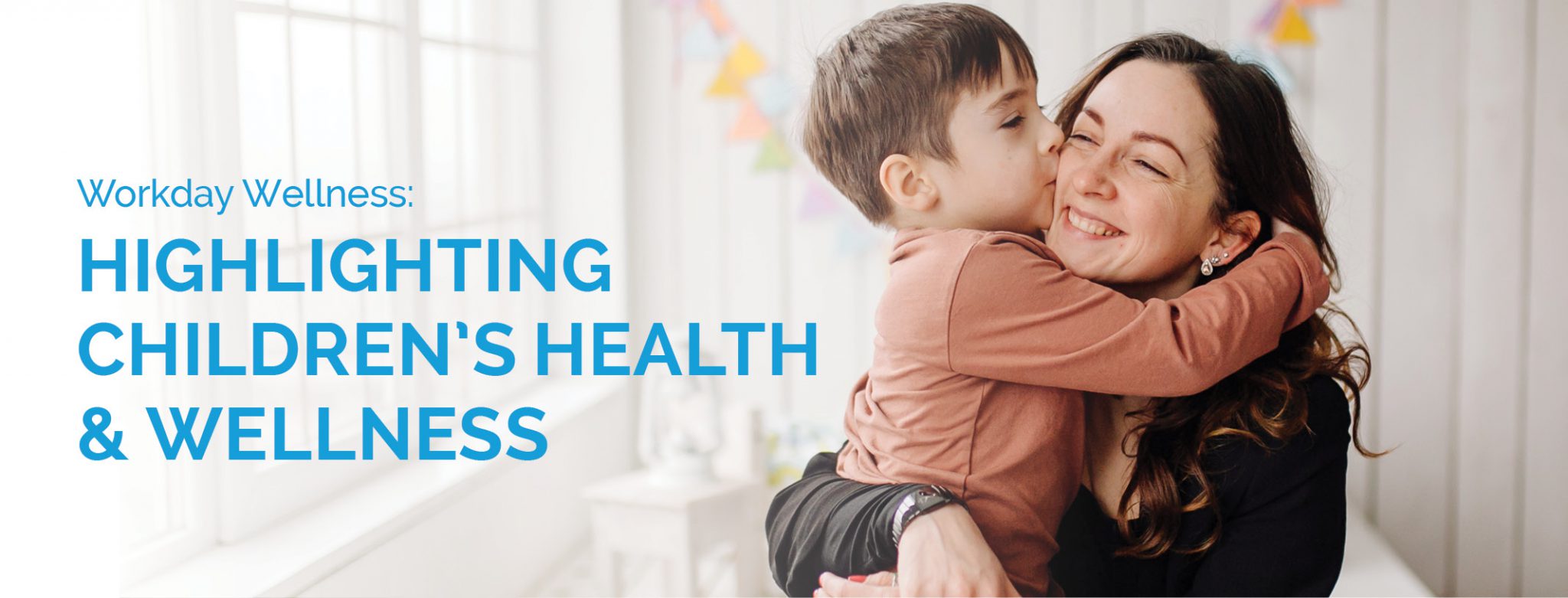

Physical & Mental Health
In raising healthy children, the physical aspects of health are critical—nutrition, fitness, regular checkups, hygiene and oral health. It’s also important to focus on children’s emotional health. To be truly healthy, both their bodies and minds must be nurtured and strengthened. Developing healthy habits and a mental attitude of wellness are essential to leading long, fulfilling lives as adults. Below are some of the most impactful ways to ensure you’re supporting the development of healthy, happy young people:
- Offer a diverse and balanced diet full of fresh vegetables, fruits and whole grains
- Maintain a relationship with a pediatrician and get regular checkups
- Model healthy fitness habits and include kids in exercise or sports
- Take them to see a dental professional twice a year for a healthy mouth and teeth
- Help kids keep a consistent sleep schedule of at least 8 hours
- Connect them with opportunities for learning and new experiences outside of school
- Encourage them to talk openly about their feelings with trusted family members, friends, or therapists
- Allow them to express themselves through art and other creative play
Autism Awareness & Acceptance
Autism is a developmental disorder primarily characterized by problems with social communication and interaction. In 2020, the CDC reported that approximately 1 in 54 children in the U.S. is diagnosed with an autism spectrum disorder (ASD). That number appears to continually increase. However, early intervention can improve learning, communication and social skills, as well as underlying brain development.
Parents and caregivers should become familiar with typical developmental milestones their child should be reaching and be aware of the early signs of autism in order to offer support when needed. If your child exhibits any of these signs1, professional evaluation is crucial:
- Loss of previously acquired speech, babbling or social skills
- Avoidance of eye contact
- Persistent preference for solitude
- Difficulty understanding other people’s feelings
- Delayed language development
- Persistent repetition of words or phrases (echolalia)
- Resistance to minor changes in routine or surroundings
- Restricted interests
- Repetitive behaviors (flapping, rocking, spinning, etc.)
- Unusual and intense reactions to sounds, smells, tastes, textures, lights and/or colors
1 www.autismspeaks.org
It’s also important to teach siblings, classmates, and friends of children with ASD about the differences they may have in order to grow their understanding and acceptance of neurodiversity. These connections can go a long way towards helping develop social skills.
Child Abuse Prevention
April is Child Abuse Prevention Month, which aims to shine a light on the importance of families and communities working together to strengthen families to prevent child abuse and neglect. Research shows that early childhood experiences impact people throughout the rest of their life—both positively and negatively.
Children’s experiences in nurturing environments provide fertile ground for physical and mental health, learning, and social skills. But abuse and neglect can cause long-term physical and psychological harm. To protect children, here are a few things to keep in mind:
- Be aware of changes in your child’s behavior or attitude
- Teach your child what to do if you become separated in public
- Teach your child the correct names of his/her private body parts
- Ensure your child’s school or day care release him/her only to you or someone you officially designate
- Never leave your child unattended, especially in the car
- Never discipline your child when your anger is out of control
- Participate in your child’s activities and get to know your child’s friends
- Teach your child to use their voice to allow them to prevent abuse in their own life
We hope these have been informative and helpful to keeping the children in your life healthy and safe!
